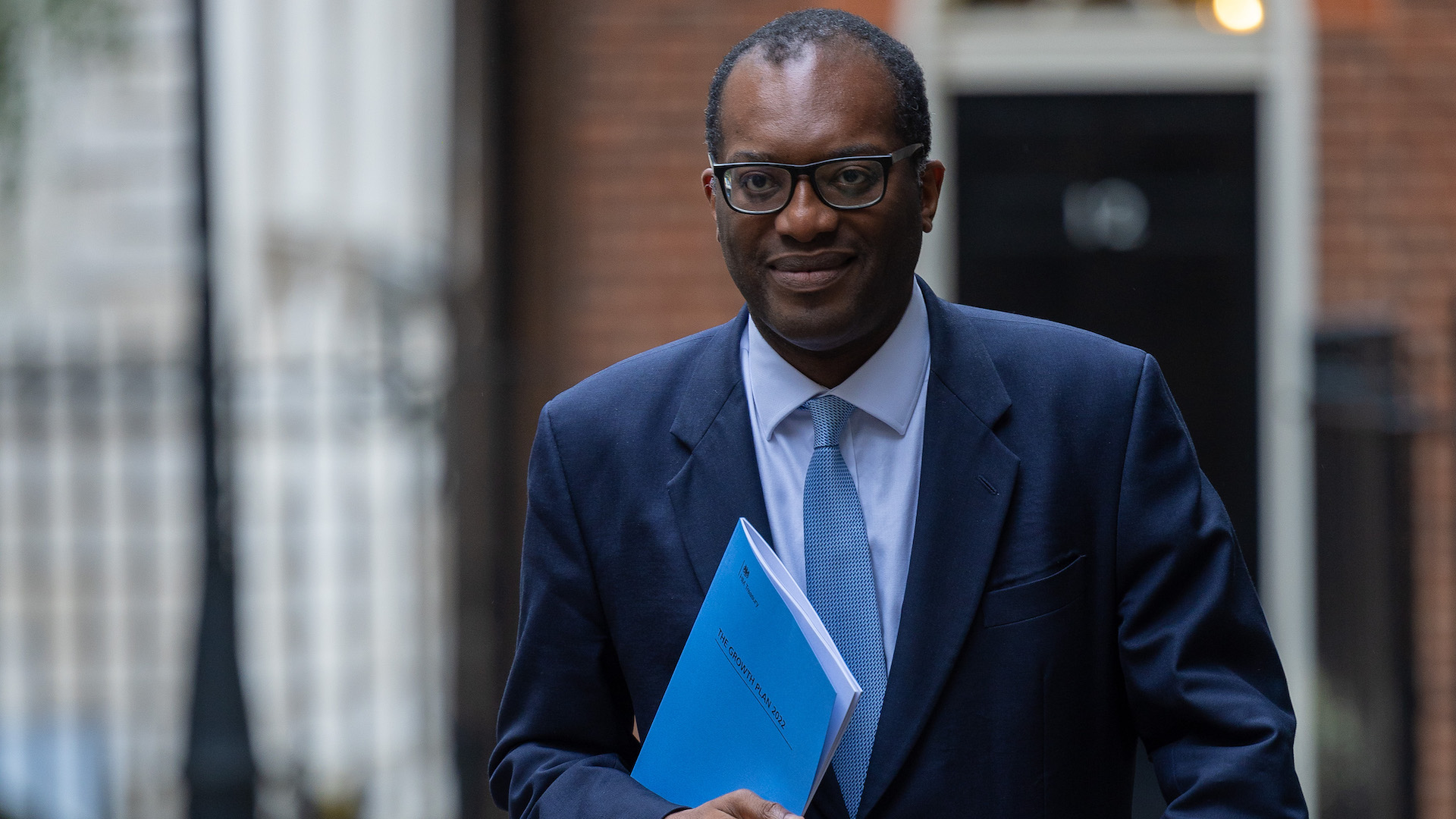Local authority spending power fell by 16 per cent between 2010 and 2020, according to the Institute for Government. Central government grants were cut by £15bn – from £41bn to £26bn – over the decade. In real terms, that’s a cut of 37 per cent.
“At a time when pensioners do not know if an ambulance will arrive when they dial 999, a family does not know if the police will be their when they are a victim of crime, or parents have no idea how their school children will get catch up education following Covid, the government is proposing Austerity 2.0,” Davies said.
“Public services that communities rely on are at best on their knees and at worst on their stomach. We were promised no return for austerity by the Conservatives in 2019, they lack the mandate to impose it again – and should call an immediate general election to give the country a choice about the direction we as Britain want to go in.”
Your support changes lives. Find out how you can help us help more people by signing up for a subscription
In October 2020, the Local Government Association said an extra £10bn was needed in public spending every year to help councils plug their funding gaps and improve their services – including £1.9bn for homelessness alone.
Matt Dent, a councillor for the Kursaal ward in Southend, said he was “frankly, horrified” the government is considering cuts to public services. He claimed people in his area are already struggling to get by with public services “crumbling from neglect” – and said a local sixth form has had to move to a four-day week because it can’t afford to open for five.
Advertising helps fund Big Issue’s mission to end poverty
He added: “The fact that Kwarteng is announcing such devastating cuts to public services shows both a callousness in his approach, but also a complete lack of understanding of the lives of real people in this country.”
Paul Scully, the minister for local government, told the Local Government Chronicle there is “undoubtedly fat to be trimmed from councils”.
But his comments did not go down well. David Baines, leader of St Helens Borough Council, said: “Where exactly? Children’s services? Elderly care? Family support? Rough sleeping prevention and support? Housing? Community safety? Food safety? Libraries? Transport? Leisure? Environment? Parks? What do the Tories think councils should do less of?
“St Helens received £127m in central government funding in 2010. This year we got just £15m. You can’t run services on thin air and councils cannot cut any more without further damaging health, wellbeing, local economic growth or community safety. Public services need investment, not cuts. If you’re not angry about what this government is doing then you’re simply not paying attention.”
Funding cuts for youth services now reached £1.1bn, a real-terms fall of 74 per cent since 2010, according to the YMCA. And the annual spend per five- to 17-year-old in England has plummeted from £158 in 2010/2011 to just £37 in 2020/2021.
Robert Chapman, cabinet member for finance at Hackney Council, said the borough is “already facing a serious budget challenge” without more public spending cuts as it has already suffered the biggest funding cut per household of any London borough.
Advertising helps fund Big Issue’s mission to end poverty
Get the latest news and insight into how the Big Issue magazine is made by signing up for the Inside Big Issue newsletter
Metropolitan districts and London local authorities have faced the biggest impact of cuts, according to the Institute for Government. Grants from the government were cut and these made up a larger share of income for local authorities in deprived areas – many of which are metropolitan districts or larger cities.
In July this year the BBC reported that local authorities are predicting a £3bn shortfall in their budgets as they emerge from the pandemic.
Chapman added: “We spent millions of pounds supporting residents and businesses through the pandemic, and we are still helping our borough recover from it today. This pressure has only become greater with the cost of living crisis, energy crisis and inflation, putting yet more strain on our services. We are having to do more than ever for less.”
The government could also U-turn on its promise to raise benefits in line with inflation next year. Former chancellor Rishi Sunak pledged to increase benefits in line with inflation from April, but treasury minister Chris Philip said the government may not go ahead with the planned increase.
Campaigners warned that would “cause fear for millions who have spent the past months struggling to feed their families”.
Advertising helps fund Big Issue’s mission to end poverty









